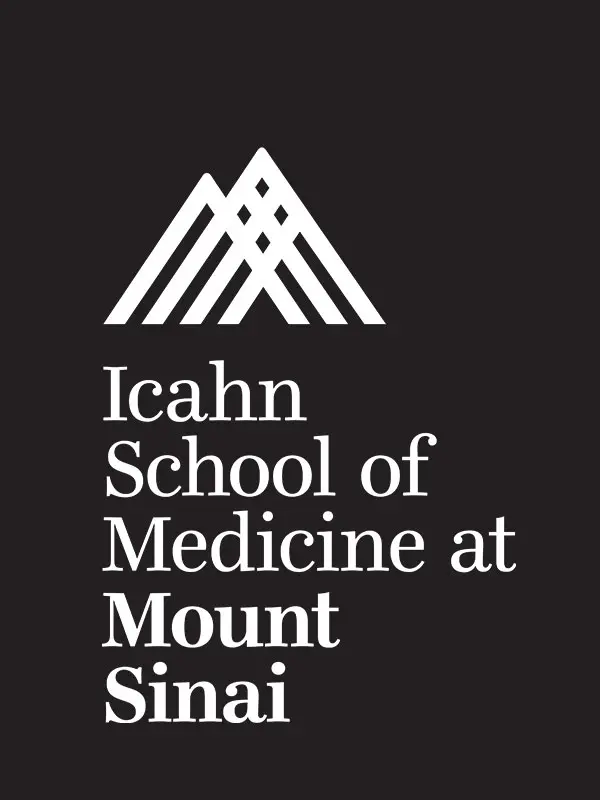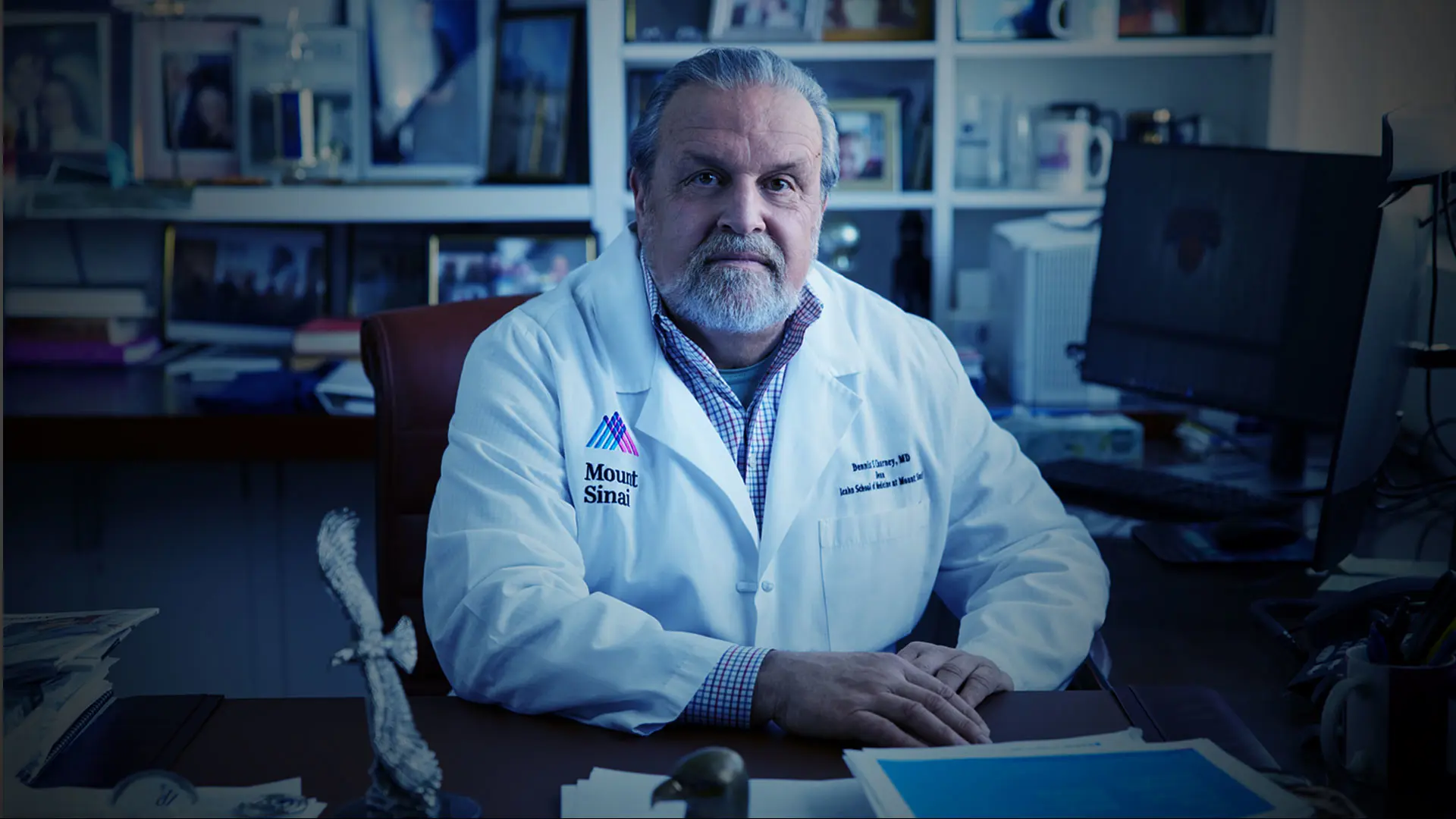As the sick and dying sought refuge from COVID-19 within the Mount Sinai Health System in spring 2020, our faculty created an army of volunteers—more than 100 strong, including colleagues and students—to collect their blood samples and store them in Mount Sinai’s BioMe® BioBank repository for further analysis.
At the same time, our commercialization arm, Mount Sinai Innovation
Partners (MSIP), was also working around the clock. Mount Sinai’s virology and pathology departments had jointly produced the first high-quality serologic assay that could accurately measure the level of antibodies to SARS-CoV-2 in a patient’s blood, and MSIP was licensing the assay to health systems around the world.
Both of these efforts—one to advance basic science and the other to
translate discoveries that have a direct impact on patients—lie at the heart of our mission at the Icahn School of Medicine at Mount Sinai: improving human health. In good times and in times of crisis, our priority is preventing, treating, diagnosing, and understanding human disease. The only limit our researchers face is their own imagination.
My Icahn Mount Sinai colleague, Eric J. Nestler, MD, PhD, Dean for
Academic and Scientific Affairs, and Director of The Friedman Brain Institute, and I believe that fundamental scientific inquiry is crucial. After all, scientists discovered the checkpoint mechanism in T cells—which led to the biggest advance in cancer treatment in decades—by studying cells and animal models.
But we also believe that scientific translation is equally important, and providing patients with the treatments or diagnostics they need will not happen unless we help our scientists move their discoveries to the marketplace. That is why Mount Sinai created MSIP, a robust and centralized commercialization engine, which has grown substantially over the past seven years under the leadership of its President, Erik Lium, PhD. MSIP’s success is based on Mount Sinai’s singular patient-centric focus.
More than 846 faculty, staff, and trainees are currently engaged in Mount Sinai’s commercialization efforts, and we actively run two accelerator funds to help them with their inventions. In 2020, MSIP’s licensing proceeds totaled $77.1 million. Additionally, Mount Sinai has more than 216 research agreements and active equity holdings in more than 21 spinouts and startups.
The only limit our researchers face is their own imagination.
In July, one of these spinout companies, Sema4 (NASDAQ: SMFR)—which applies artificial intelligence and machine learning to its database of more than 11.5 million de-identified clinical records—began trading on NASDAQ. Sema4 generates molecular profiling insights that help oncologists pinpoint promising therapies and clinical trials for their patients and enables obstetrician-gynecologists to protect the health of mothers and their babies through carrier screenings for a comprehensive list of hereditary conditions.
Another spinout company, Trellus Health (LON: TRLS), went public on the
London Stock Exchange in May. Trellus Health contracts with health plans and employers to provide high-quality telehealth care to patients with complex chronic conditions such as inflammatory bowel disease. Patients receive continuous remote monitoring, real-time communication, and support for behavioral health and nutrition.
Verici Dx (LON: VRCI), a developer of advanced clinical diagnostics in
organ transplant, is another new company that traces its roots to Mount Sinai research. The company’s assays are developed using next-generation sequencing, and provide insights that inform the path to overall graft survival and successful outcomes for patients.
Renalytix (NASDAQ: RNLX) is also a successful spinout of ours. The
company uses an artificial intelligence-enabled algorithm, which allows
physicians to generate an accurate kidney disease risk score for patients in order to identify those who are most at risk and those who require closer monitoring.
There are more examples of our ever-expanding commercialization ecosystem. Recently, MSIP launched Elementa Labs, a virtual incubator program for pre-seed and seed-stage companies that are in the process of raising their next round of funding and looking to align with Mount Sinai and gain access to our abundant subject-matter expertise.
In the meantime, what can we say about the blood samples we collected
from more than 800 COVID-19 patients starting in the spring of 2020—the height of the pandemic in New York City? So far, that effort has led to several important findings at Mount Sinai. Our most recent study, in Nature Communications, found there was T cell exhaustion in patients with multisystem inflammatory syndrome in children, MIS-C, the rare but serious aftereffect of COVID-19 in children.
In the study, Mount Sinai researchers cited nine key regulators of a network known to have associations with natural killer cell and exhausted CD8+ T cell functionality. Yet one of the regulators, TBX21, serves as a master coordinator of the transition of CD8+ T cells from effectiveness to exhaustion and offers a potential avenue for further investigation. If TBX21 turns out to be a promising therapeutic target, we will have advanced our ability to treat this disease in future generations of children.
Featured

Dennis S. Charney, MD
Icahn Mount Sinai
